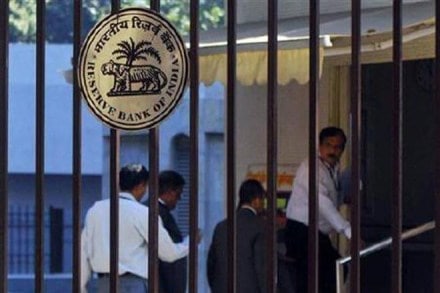Non-food credit grew at a lifetime low of 4.34% year-on-year (y-o-y) for the fortnight ended March 3, with outstanding loans to companies and individuals standing at Rs 74.55 lakh crore, according to data released by the Reserve Bank of India. This is lower than 4.76% growth recorded during the previous fortnight.
Total bank credit rose 3.68% y-o-y to Rs 75.16 lakh crore, as against a 4.77% growth in the previous fortnight. This is the lowest growth for bank credit in at least 58 years.
Sujan Hajra, chief economist and head of research at Anand Rathi Securities, said: “This shows the declining proportion of bank funding in overall corporate finance. Secondly, no meaningful investment is happening at the ground level.”
The past few quarters witnessed better-rated corporates increasingly moving to the money markets to raise funds as that route turned out to be cheaper than bank funding.
You may also like to watch:
Aggregate deposits with the banking system stood at Rs 105.43 lakh crore, up 13.03% y-o-y. While banks had seen a steady rise in deposits since the announcement of demonetisation on November 8, some of these deposits have already begun to flow out of the system. Outflows began in late December as the RBI had gradually eased restrictions on cash withdrawals.
Effective Monday, all limits on cash withdrawals from savings accounts have been lifted. Most banks expect 40% of deposits received after demonetisation to remain with them.
The credit-deposit (CD) ratio of the banking system, or the proportion of deposits deployed as loans, dropped to 71.29% from 71.38% after rising for two consecutive fortnights. The drop came as the growth in the denominator, or aggregate deposits, outweighed that in the numerator, or overall bank credit.
Analysts suggest that private consumption, which has been holding up headline credit offtake figures for some time now, may also peter out in days ahead. “We suspect private consumption will take a nosedive but this is not reflected in the earnings numbers,” investment bank Jefferies said in a note dated March 5. “We think the agency cost extracted from the system in the demonetisation drive has led to a spread of wealth; this could support low-end consumption for a while but will eventually flicker out.”
The investment bank also expressed concerns over the state of capital expenditure by companies, saying that capacity utilisation remains at only around 70%.
